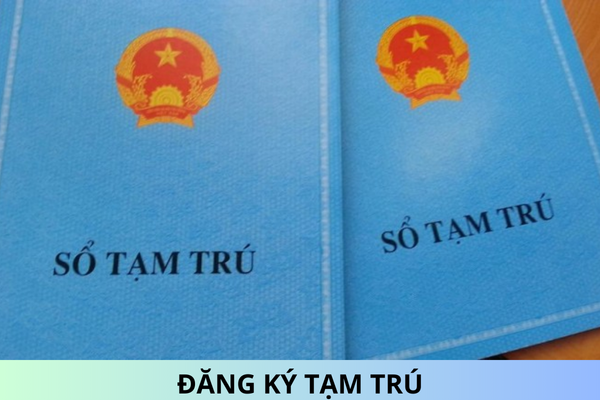According to the law in Vietnam, when shall an oral will be unlawful?
According to the law in Vietnam, when shall an oral will be unlawful? Is the oral will in Vietnam invalid if the testator is alive and is of sound mind? - Mr. Phap (HCMC).
Is the oral will in Vietnam invalid if the testator is alive and is of sound mind?
Pursuant to Article 629 of the Civil Code in 2015 stipulating oral wills as follows:
Oral wills
1. Where a person is likely to die due to illness or any other reason and it is not possible for him or her to make a written will, such person may make an oral will.
2. If the testator is alive and is of sound mind three months after he or she has made an oral will, such will shall automatically become invalid.
As regulations above, oral wills shall be made when:
- A person is likely to die due to illness or any other reason and it is not possible for him or her to make a written will;
- If the testator is alive and is of sound mind three months after he or she has made an oral will, such will shall automatically become invalid.
As regulations above, if a person is alive and healthy, the oral will shall not be valid.
According to the law in Vietnam, when shall an oral will be unlawful?
Pursuant to Article 629 of the Civil Code in 2015 stipulating oral wills as follows:
Oral wills
1. Where a person is likely to die due to illness or any other reason and it is not possible for him or her to make a written will, such person may make an oral will.
2. If the testator is alive and is of sound mind three months after he or she has made an oral will, such will shall automatically become invalid.
Pursuant to Article 630 of the Civil Code in 2015 stipulating lawful wills as follows:
Lawful wills
1. A will must satisfy the following requirements in order to be lawful:
a) The testator was of sound mind when he or she made the will; and he or she was not deceived, threatened or coerced into making the will;
b) The contents of the will are not contrary to law or social morals and the will complies with legal formalities.
2. A will made by a person between fifteen and eighteen years of age must be made in writing and with the consent of the parents or guardian of such person.
3. A will made by a person who is incapacitated or illiterate must be made in writing by a witness and must be notarized or certified.
4. A written will which is not notarized or certified shall be deemed lawful only if it satisfies the requirements provided in Clause 1 of this Article.
5. An oral will shall be deemed lawful only if the testator orally expressed his or her last wishes before at least two witnesses who immediately thereafter recorded those wishes in writing and signed or fingerprinted the document. Such will must be notarized or certified within five working days of the date on which the testator orally expressed his or her last wishes.
As regulatiosn above, an oral will shall be deemed lawful only if:
- If the testator is alive and is of sound mind three months after he or she has made an oral will, such will shall automatically become invalid.
And other requirements including:
- The testator was of sound mind when he or she made the will;
- The testator was not deceived, threatened or coerced into making the will;
- The testator orally expressed his or her last wishes before at least two witnesses;
- The testator's wishes shall be recorded in writing and signed or fingerprinted the document;
- Such will must be notarized or certified within five working days of the date on which the testator orally expressed his or her last wishes.
In conclusion, if one of above requirements fails to be satisfied, the oral will shall be deemed unlawful.
If a testator adds to his or her will, shall the original will and the codicil have equal validity?
Pursuant to Article 640 of the Civil Code in 2015 stipulating amendment of, addition to, replacement or revocation of wills as follows:
Amendment of, addition to, replacement or revocation of wills
1. A testator may amend, add to, replace or revoke his or her will at any time.
2. If a testator adds to his or her will, the original will and the codicil shall have equal validity. If a part of the original will and the codicil conflict with each other, the codicil shall prevail.
3. Where a testator replaces a will with a new will, the previous will shall be deemed to have been revoked.
As regulations above, if a testator adds to his or her will, the original will and the codicil shall have equal validity.
If a part of the original will and the codicil conflict with each other, the codicil shall prevail.
Best regards!











